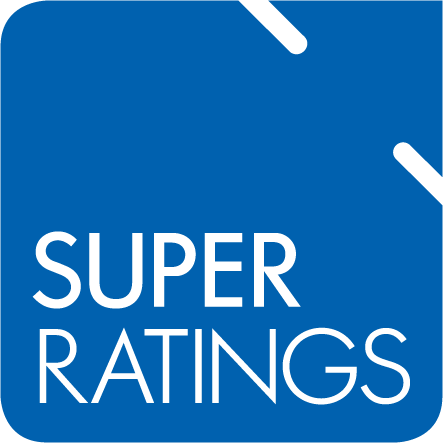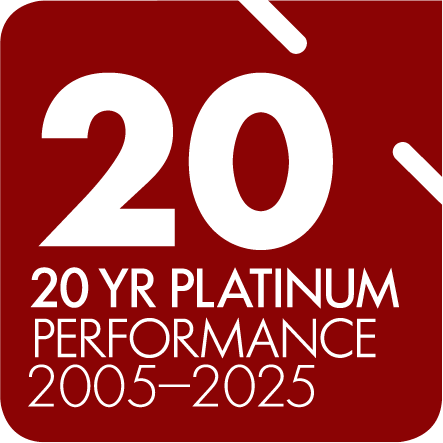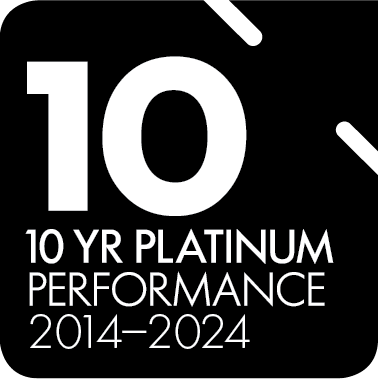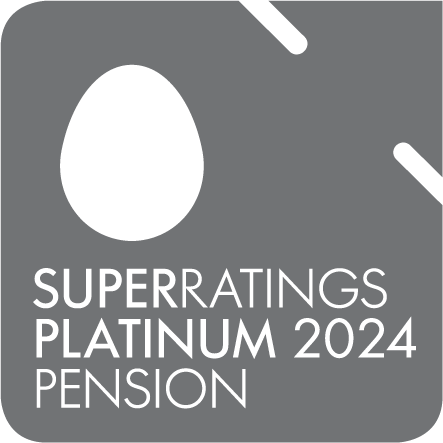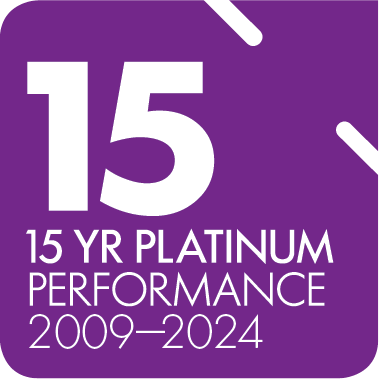If you’ve spent the last 30 to 40 years in the workforce you’ve probably started daydreaming about retirement. Which means you probably have some questions. Like when exactly can I retire?
The good news is you can retire whenever you're ready. If you happen to win the lottery you can retire tomorrow. The real issue is superannuation, the Age Pension, and how you’re going to support yourself if you choose to retire early.
Most Australians can’t access their super until after they turn 60 years old, at the earliest*. And if you’re eligible for the pension you may have to wait until you’re 67 years old before you can claim it.^
A financial planner can help you navigate the rules around retirement. But in the meantime, we can help provide an overview.
A roadmap for early retirement
If you’re considering an early retirement, you’re going to need a source of income. But that’s only one aspect of the bigger picture.
If you’re serious about an early retirement you need to have a plan in place. We’ve outlined the basic steps below.

Have a source of income
As noted above, if you retire early you’re going to need a source of income. Your superannuation and any Age Pension benefits won’t be accessible until you meet the age criteria. The same rules apply to self-managed super funds (SMSF). Which means you’ll be looking towards investments or other sources of income.

Create a financial plan
Having an income stream is all well and good, but if you don’t want to end up back in the job market you’ll need to manage your finances and ensure your earnings are enough to cover your expenses.

Look at ways to reduce costs
If you’re no longer working and earning a regular income, you’ll want to look at ways to reduce costs. That might mean downsizing, cutting unnecessary expenses, or simply keeping a closer eye on your spending.

Consider your mortgage
Mortgage repayments are the single largest expense for most households. Generally speaking, the less debt you have the more options you have when it comes to retirement. We’d strongly recommend speaking with a financial planner to understand your options.

Keep your super in mind
Just because you’re no longer working doesn’t mean you should ignore your super. It’s important to keep an eye on your investment strategy and make sure it aligns with your long-term goals.

Balance your risks
As 2020 has demonstrated all too well, there are certain things that are beyond our control. Black swan events like the coronavirus can come out of nowhere and have a significant impact on both daily life and the broader economy. Which is why it’s so important to balance your investments and your income sources and ensure you have mix that works for you.
When people talk about retirement what they’re generally referring to is access to their super and/or Age Pension.
This varies according to your age and the year you were born. The tables below show when you qualify.
When can I access my super?
You can access your super once you reach your preservation age and either;
- Change jobs, or
- Retire from the workforce
The table below shows the super preservation age.*

